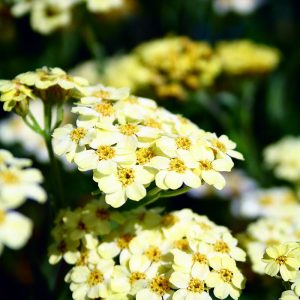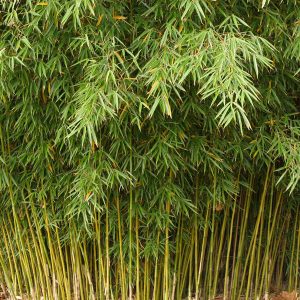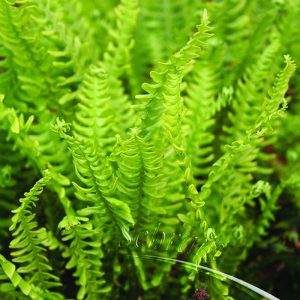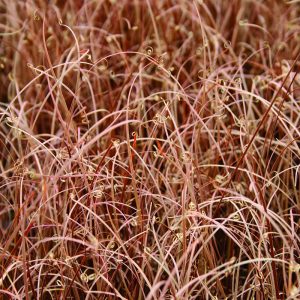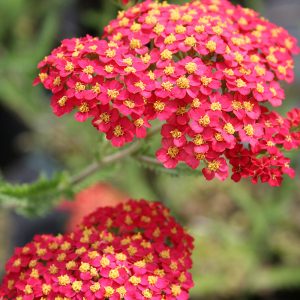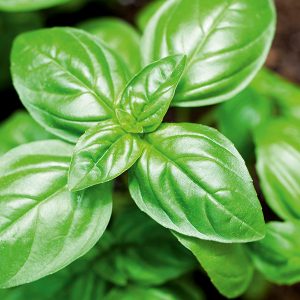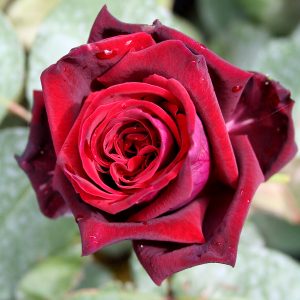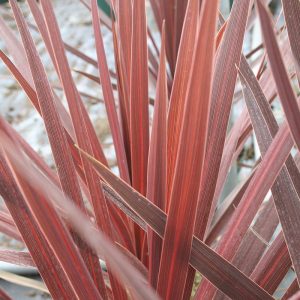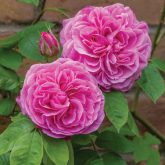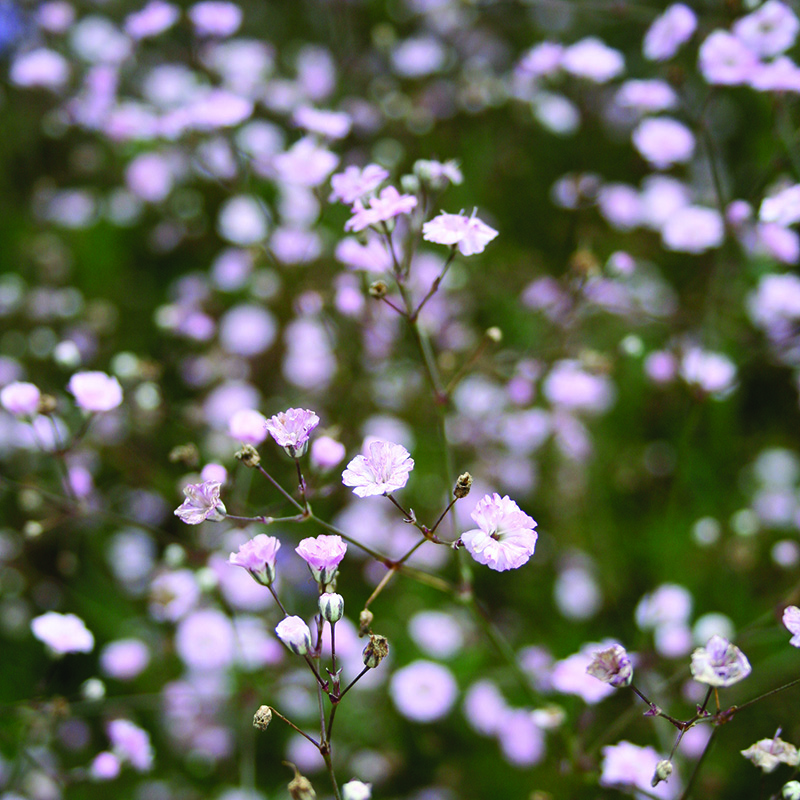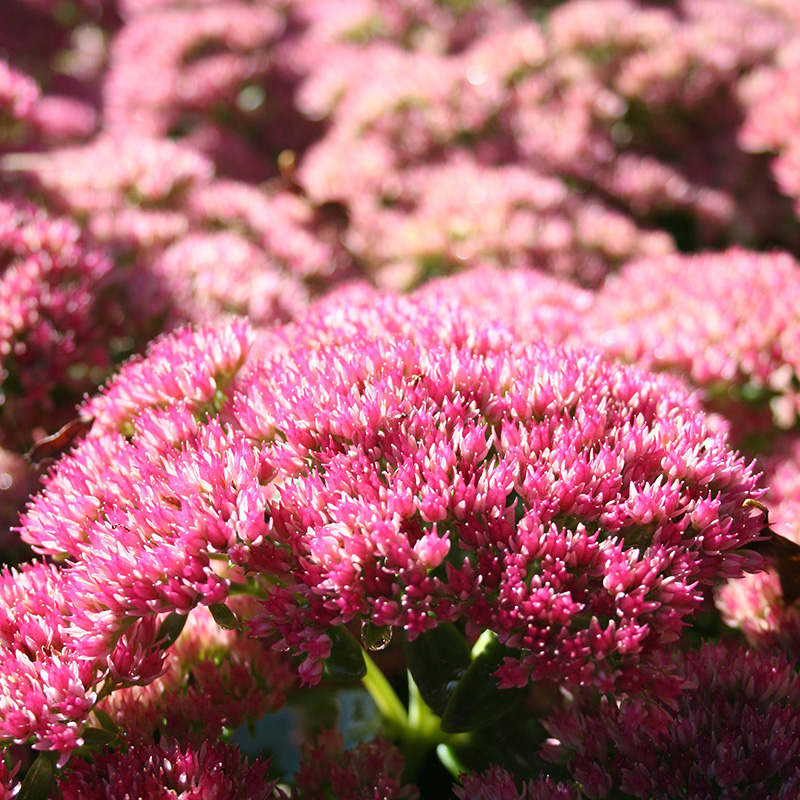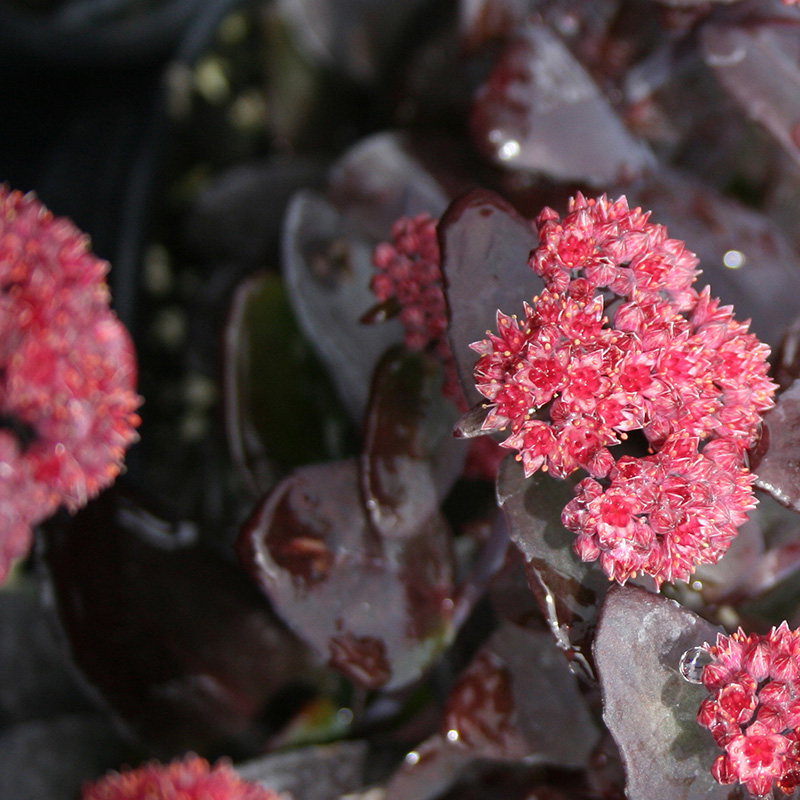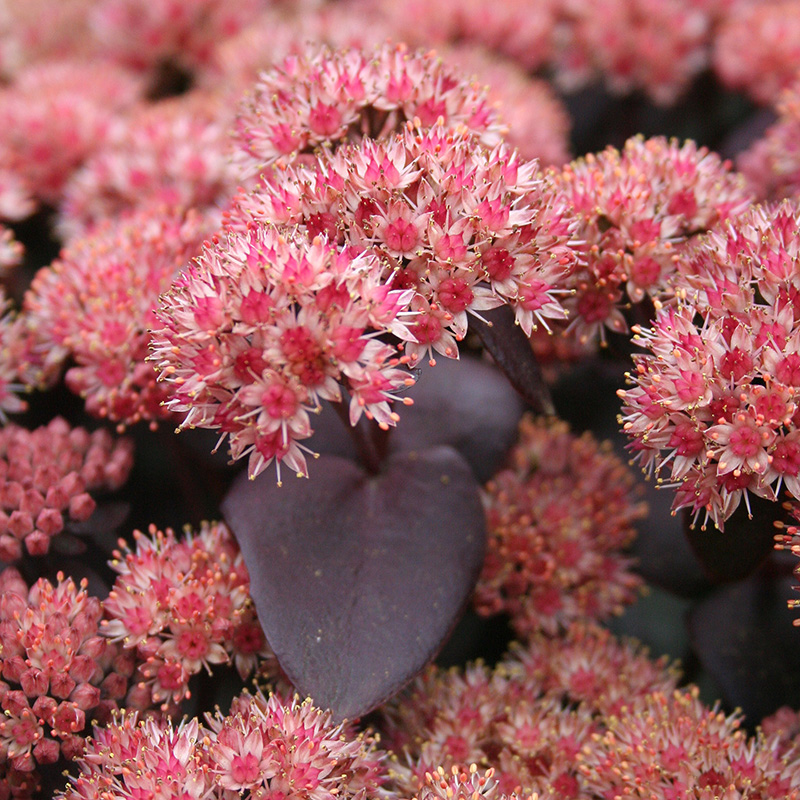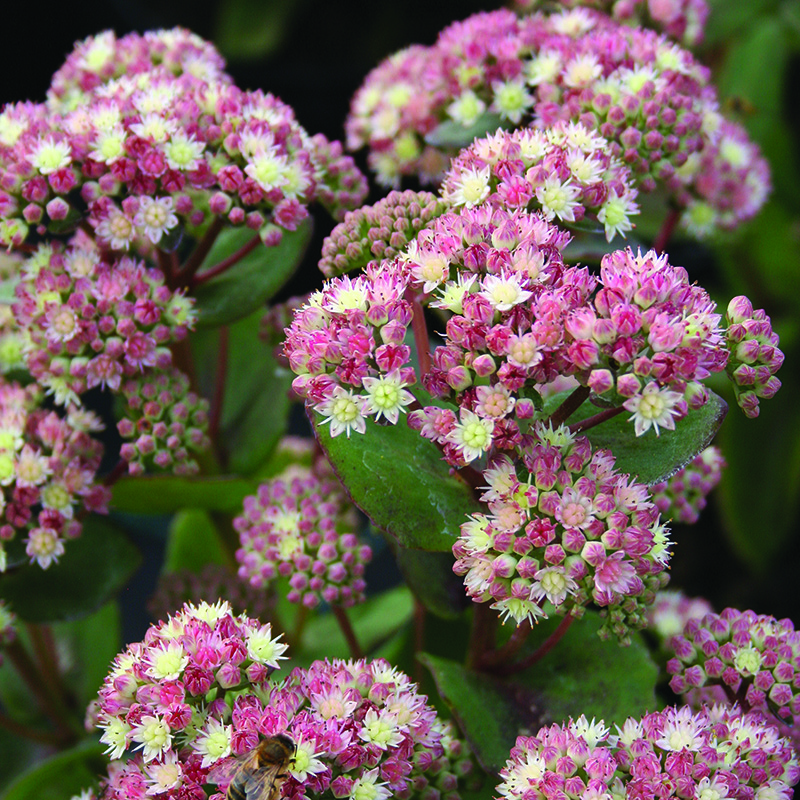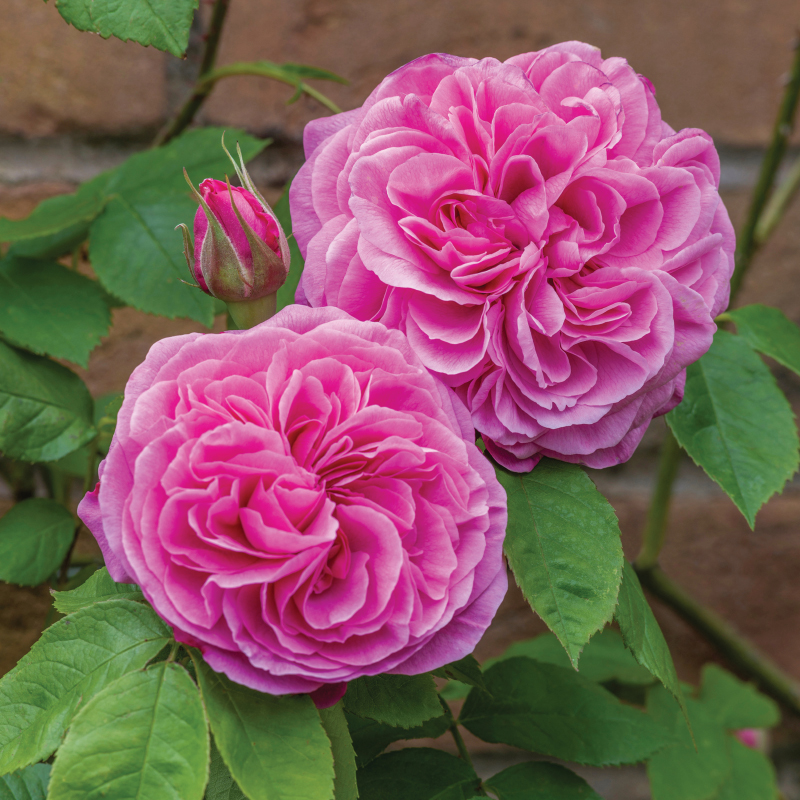Herbaceous Perennials
Herbaceous plants (in botanical use frequently simply herbs) are plants that have no persistent woody stem above ground. The term is mainly applied to perennials, but in botany it may also refer to annuals or biennials, and include both forbs and graminoids.
Annual herbaceous plants die completely at the end of the growing season or when they have flowered and fruited, and they then grow again from seed.
Herbaceous perennial and biennial plants may have stems that die at the end of the growing season, but parts of the plant survive under or close to the ground from season to season.
